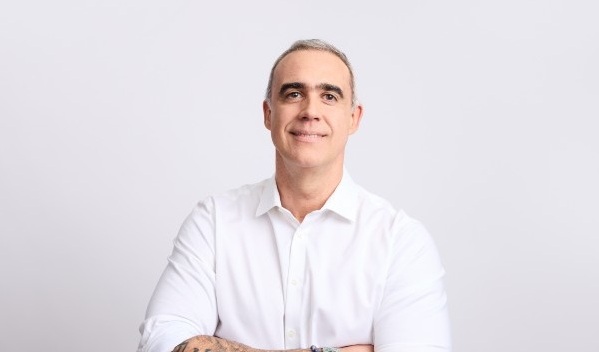
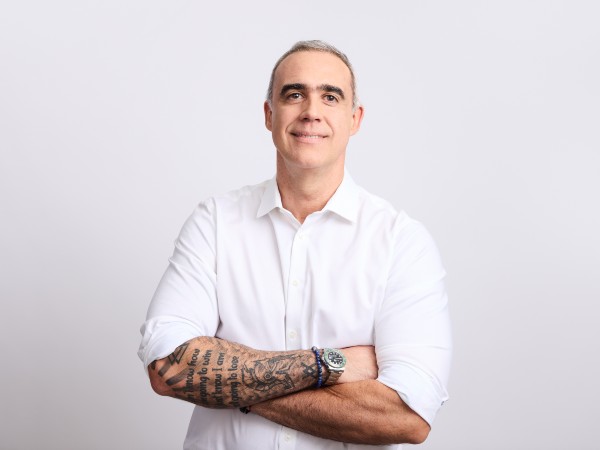
Digicel is reporting promising news under group CEO Marcelo Cataldo, a year after his appointment to turn around a company weighed down by billions in debt.
Originally from Paraguay, Cataldo has spent most of his career with Millicom, including seven years as CEO of Tigo Colombia. His appointment signalled a push to stabilise Digicel, headquartered in Kingston, Jamaica, and prepare it for growth.
Founded in 2001 by Irish businessman Denis O’Brien, Digicel disrupted the Jamaican market with aggressive pricing before expanding across the Caribbean, Central America and the Pacific. But heavy borrowing over the years left the company with a debt load once as high as US$7 billion. According to the Irish Times, O’Brien was forced to cede most of his shares to bondholders in 2022, cutting US$1.7 billion from the balance sheet.
Cataldo was brought in to help manage the turnaround. The company re-entered the bond market and secured new loans to refinance its entire debt pile, which now stands at around US$2.7 billion.
Speaking to Developing Telecoms, Cataldo said Digicel’s focus has now shifted to growth. The operator serves 10 million customers across 25 markets, with 4G coverage averaging 95%. Yet only 70% of its mobile users are on 4G, leaving significant potential for expansion.
“In this region, we still have voice-only users with feature phones,” Cataldo told the publication. “This presents an opportunity to drive revenue and ARPU—we have a blessed opportunity to move people into the digital world.”
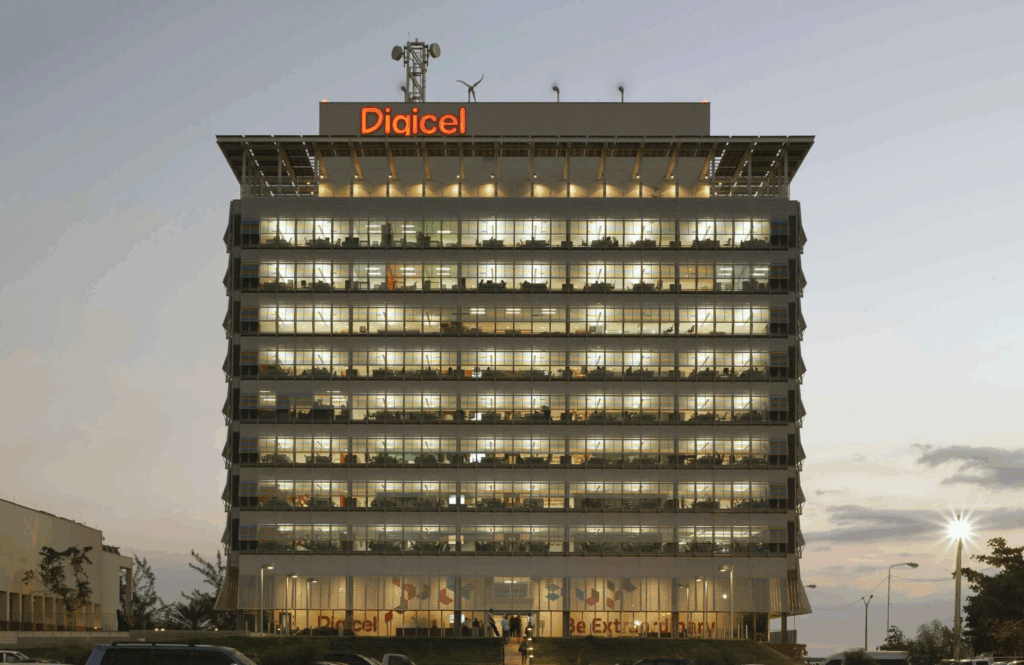
Digicel faces familiar emerging market challenges. Around 90% of its customers are prepaid, with affordability and digital literacy remaining major hurdles. Smartphones typically cost between US$150 and US$200, which Cataldo conceded to Developing Telecoms is a “sizeable amount of money” for many households. Still, he believes demand for digital services will drive uptake.
Operating across multiple jurisdictions also presents complexity, but Cataldo praised governments for aligning with operators on digital transformation. “Regulators understand their agenda. We show our capabilities and our possibilities to help them achieve it, because they want to digitise their countries as much as any other,” he told the outlet.
A further challenge is stagnant population growth across the Caribbean, as young people migrate to more developed markets in search of work. Still, Digicel remains in a relatively favourable position. Cataldo noted that in most Caribbean markets, the “telecoms pie” is shared between just two players – Digicel and Liberty Latin America—compared to up to four operators in Latin America and Eastern Europe.
Looking ahead, Cataldo said one priority will be strengthening Digicel’s network resilience and reliability. Earlier this year, the company signed a deal with clean energy firm Caban Energy to supply units including Jamaica, boosting resilience while reducing carbon emissions. Another key goal is the “heavy expansion” of its fibre footprint, which currently connects 900,000 households. Fibre rollout, previously paused due to the debt burden, is now ramping up in Guyana and Curaçao.
B2B services are also seen as a growth driver. Cataldo said Digicel is one of the few regional providers offering ICT solutions such as cloud computing, data centres and unified communications, filling a gap left by hyperscalers like Google and Microsoft, which lack local operations. “We engage with the companies at a very early stage to help them understand what they need, then sell the service,” he explained to Developing Telecoms.
For Cataldo, the turnaround is still in progress but optimism runs high. With refinancing providing breathing space, Digicel is targeting steady mobile growth, faster expansion in fibre-to-the-home, and stronger gains in enterprise and ICT services.
“It’s still early days,” he said. “But we are on the right track—delivering on EBITDA, delivering on cash, and fulfilling our commitments to shareholders and investors. Most importantly, we are creating real opportunities to bring more people in the Caribbean into the digital world.”


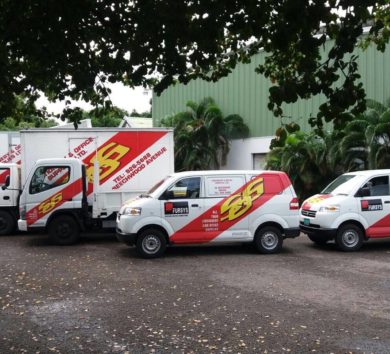

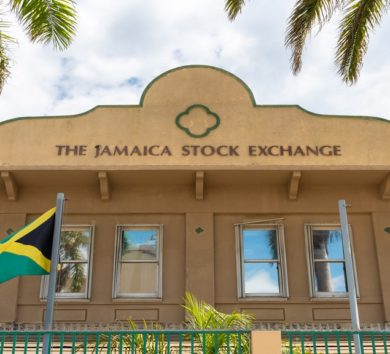


Comments